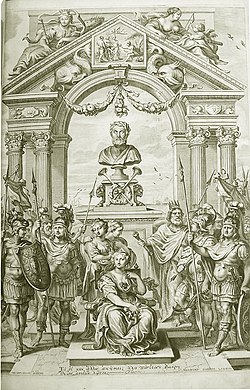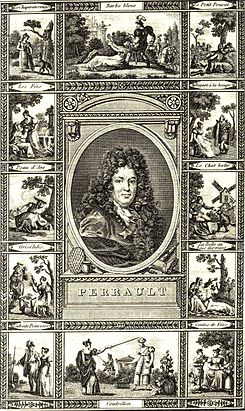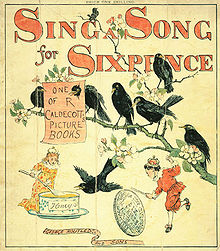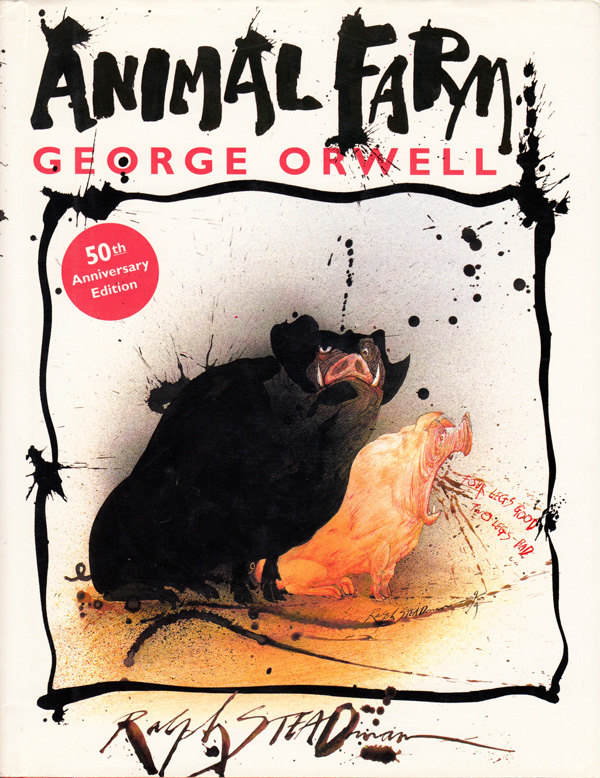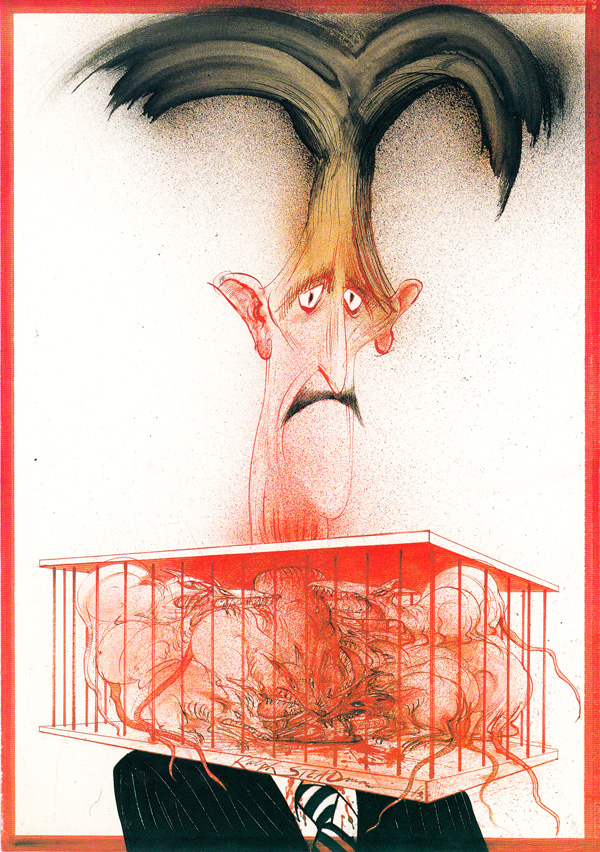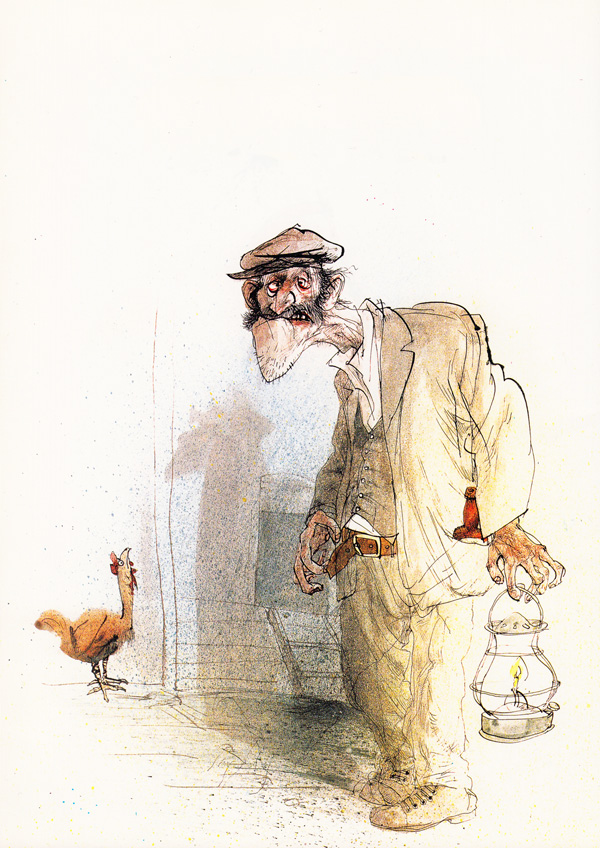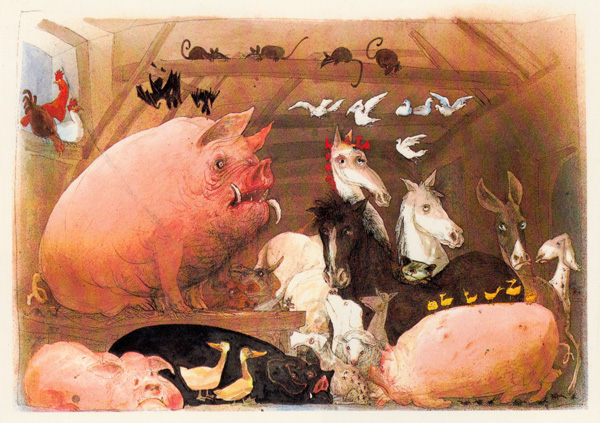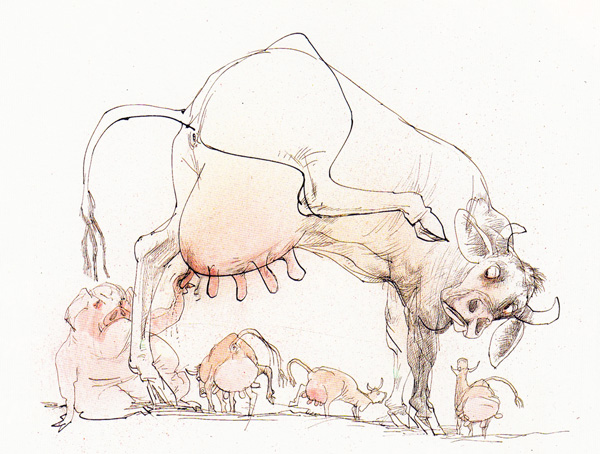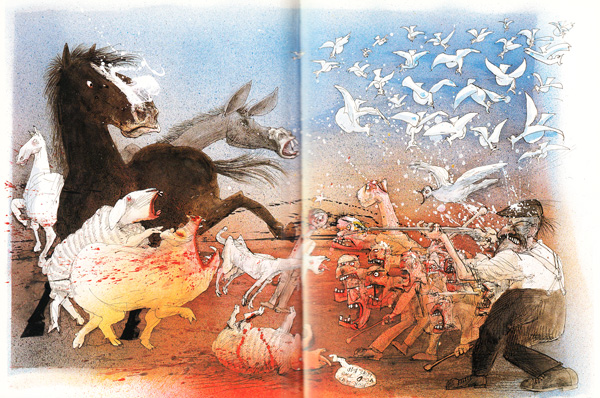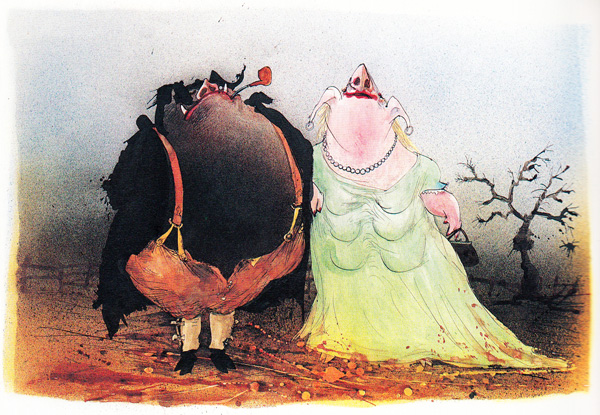Leadership and Leitkultur
By JÃRGEN HABERMAS
Twenty years after German unification, the country is still searching for democratic identity.
Jürgen Habermas’s verdict on the EU/Greece debt deal – full transcript
Read the full text of the Guardian’s exclusive interview with philosopher and sociologist Habermas, in which he describes the agreement as ‘toxic’

Guardian: What is your verdict on the deal reached on Monday?
Habermas: The Greek debt deal announced on Monday morning is damaging both in its result and the way in which it was reached. First, the outcome of the talks is ill-advised. Even if one were to consider the strangulating terms of the deal the right course of action, one cannot expect these reforms to be enacted by a government which by its own admission does not believe in the terms of the agreement.
Secondly, the outcome does not make sense in economic terms because of the toxic mixture of necessary structural reforms of state and economy with further neoliberal impositions that will completely discourage an exhausted Greek population and kill any impetus to growth.
Thirdly, the outcome means that a helpless European Council is effectively declaring itself politically bankrupt: the de facto relegation of a member state to the status of a protectorate openly contradicts the democratic principles of theEuropean Union. Finally, the outcome is disgraceful because forcing the Greek government to agree to an economically questionable, predominantly symbolic privatisation fund cannot be understood as anything other than an act of punishment against a left-wing government. It’s hard to see how more damage could be done.
And yet the German government did just this when finance minister Schaeuble threatened Greek exit from the euro, thus unashamedly revealing itself as Europe’s chief disciplinarian. The German government thereby made for the first time a manifest claim for German hegemony in Europe – this, at any rate, is how things are perceived in the rest of Europe, and this perception defines the reality that counts. I fear that the German government, including its social democratic faction, have gambled away in one night all the political capital that a better Germany had accumulated in half a century – and by “better” I mean a Germany characterised by greater political sensitivity and a post-national mentality.
Guardian: When Greek prime minister Alexis Tsipras called a referendum last month, many other European politicians accused him of betrayal. German chancellor Angela Merkel, in turn, has been accused of blackmailing Greece. Which side do you see as carrying more blame for the deterioration of the situation?
Habermas: I am uncertain about the real intentions of Alexis Tsipras, but we have to acknowledge a simple fact: in order to allow Greece to get back on its feet, the debts which the IMF has deemed “highly unsustainable” need to be restructured. Despite this, both Brussels and Berlin have persistently refused the Greek prime minister the opportunity to negotiate a restructuring of Greece’s debts since the very beginning. In order to overcome this wall of resistance among the creditors, prime minister Tsipras finally tried to strengthen his position by means of a referendum – and he got more domestic support than expected. This renewed legitimation forced the other side either to look for a compromise or to exploit Greece’s emergency situation and act, even more than before, as the disciplinarian. We know the outcome.
Guardian: Is the current crisis in Europe a financial problem, political problem or a moral problem?
Habermas: The current crisis can be explained both through economic causes and political failure. The sovereign debt crisis that emerged from the banking crisis had its roots in the sub-optimal conditions of a heterogeneously composed currency union. Without a common financial and economic policy, the national economies of pseudo-sovereign member states will continue to drift apart in terms of productivity. No political community can sustain such tension in the long run. At the same time, by focusing on avoidance of open conflict, the EU’s institutions are preventing necessary political initiatives for expanding the currency union into a political union. Only the government leaders assembled in the European Council are in the position to act, but precisely they are the ones who are unable to act in the interest of a joint European community because they think mainly of their national electorate. We are stuck in a political trap.
Guardian: Wolfgang Streeck has in the past warned that the Habermasian ideal of Europe is the root of the current crisis, not its remedy: Europe, he has warned, would not save democracy but abolish it. Many on the European left feel that current developments confirm Streeck’s criticism of the European project. What is your response to their concerns?
• Jürgen Habermas is emeritus professor of philosophy at the Johann Wolfgang Goethe University of Frankfurt. His latest book, The Lure of Technocracy, is published by PolityHabermas: His prediction of an imminent demise of capitalism aside, I broadly agree with Wolfgang Streeck’s analysis. Over the course of the crisis, the European executive has accrued more and more authority. Key decisions are being taken by the council, the commission and ECB – in other words, the very institutions that are either insufficiently legitimated to take such decisions or lack any democratic basis. Streeck and I also share the view that this technocratic hollowing out of democracy is the result of a neoliberal pattern of market-deregulation policies. The balance between politics and the market has come out of sync, at the cost of the welfare state. Where we differ is in terms of the consequences to be drawn from this predicament. I do not see how a return to nation states that have to be run like big corporations in a global market can counter the tendency towards de-democratisation and growing social inequality – something that we also see in Great Britain, by the way. Such tendencies can only be countered, if at all, by a change in political direction, brought about by democratic majorities in a more strongly integrated “core Europe”. The currency union must gain the capacity to act at the supra-national level. In view of the chaotic political process triggered by the crisis in Greece we can no longer afford to ignore the limits of the present method of intergovernmental compromise.
Renowned German philosopher Jürgen Habermas has expressed his doubts about the current state of affairs in the European Union. He sees a need for more cooperation and more democracy.
Over 500 students were gathered in the largest auditorium at the Catholic University of Leuven in Belgium, waiting with excitement for the prominent sociologist and philosopher to make his appearance. And those who had not managed to reserve a spot could watch the lecture on a large screen mounted outside the building. When the 83-year-old Habermas finally walked into the room, the young audience rose to its feet and welcomed him with a warm and long applause.
Habermas proceeded to give a lecture titled "Democracy, Solidarity and the European Crisis" - his first public talk on European politics in many years. One of the attendees was President of the European Council, Herman Van Rompuy, who has been heavily involved in combating the eurozone crisis.
Need for solidarity
Habermas harshly criticized the euro bailout policies, saying that the EU has become a financial market-oriented technocracy. Instead, he proposed the development of a "supernational" democracy, in which the current nation states continued to exist but gave up their sovereignty.
"If we want to maintain the common currency, it's not enough to grant credit to individual insolvent countries in order to put them back on their feet," explained Habermas. "Instead, what we need is solidarity and a cooperative approach that results from a shared political perspective."
Habermas called for the democratization of the European Union and democratic management of the European Council.
He added that EU treaties should be reviewed by a convention and amended. He believes that the German government holds the key to change in the European Union. It has a leading role for demographic and economic reasons, he said, and should not succumb to the temptation of following its own independent course. It should not be about a "German Europe" but "Germany in Europe." In order to secure the future of the eurozone, the currency union needs to be transformed into a true political union, he stressed.
Europe is changing
Van Rompuy himself began studying philosophy in 1968. At the time, Habermas was already a widely known sociologist working in Frankfurt. He said that meeting Habermas in person was something special because he was a man who has been theorizing about Europe and European unity for decades. However, he added, "when we spoke to each other, we didn't agree on everything. As a politician and an intellectual, our roles and responsibilities are different."
Habermas said that he can understand that it is difficult for the European Council to make decisions with far-reaching consequences. "Nobody wants to deprive themselves of power, but the economic reality will bring about change," he explained.
In his own short address, Van Rompuy indirectly contradicted this statement, saying that heads of state and government would very likely soon make landmark decisions together.
"You also told me you're worried about countries that could be forced to go their own way," said Van Rompuy to Habermas. "This concern also pertains to your home country, Germany." Nevertheless, Van Rompuy personally sees Germany and other EU states as well incorporated and integrated into the union. According to him, the "you and I" has become a "we."
Austerity measures gone too far?
Following his lecture, Habermas answered questions posed by the professors and students present. Replying to one of them, he advised that the strict cost-saving policy introduced by Germany and other solvent states in the northern half of Europe should be relaxed.
"I would opt for a more balanced economic course that includes focused investment programs for regions and entire countries," said Habermas. "This should counter the currently escalating trend - the trend of a growing gap between the eurozone member states in the area of competitive capacity and other fundamental aspects."
Hopes for the future
More democracy and solidarity in Europe - many of the students in the auditorium were supportive of the idea. One of them was Peter Oomsels, who is currently writing is doctoral thesis on the topic of management.
"This evening we learned that the European Union has come a long way, but still has an equally long way to go," said Oomsels. "We're still in the early stages of the EU's second phase of development."
He believes that Habermas' critique reflects the thoughts of young EU citizens. "We still have the dream of the European concept, but are disappointed with how Europe is currently being governed."
At the end of his lecture, Habermas glanced at his watch and amused the audience by apologizing for having taken so much time. In his final comment to Van Rompuy, he said, "The governments in Europe are simply too fearful. The EU-related questions need to be presented to the people to decide on."
At the next EU summit in three weeks' time, Van Rompuy will have the opportunity to put into practice some of the philosophical musings stemming from this discussion.
Habermas proceeded to give a lecture titled "Democracy, Solidarity and the European Crisis" - his first public talk on European politics in many years. One of the attendees was President of the European Council, Herman Van Rompuy, who has been heavily involved in combating the eurozone crisis.
Need for solidarity
Habermas harshly criticized the euro bailout policies, saying that the EU has become a financial market-oriented technocracy. Instead, he proposed the development of a "supernational" democracy, in which the current nation states continued to exist but gave up their sovereignty.
"If we want to maintain the common currency, it's not enough to grant credit to individual insolvent countries in order to put them back on their feet," explained Habermas. "Instead, what we need is solidarity and a cooperative approach that results from a shared political perspective."
Habermas called for the democratization of the European Union and democratic management of the European Council.
He added that EU treaties should be reviewed by a convention and amended. He believes that the German government holds the key to change in the European Union. It has a leading role for demographic and economic reasons, he said, and should not succumb to the temptation of following its own independent course. It should not be about a "German Europe" but "Germany in Europe." In order to secure the future of the eurozone, the currency union needs to be transformed into a true political union, he stressed.
Europe is changing
Van Rompuy himself began studying philosophy in 1968. At the time, Habermas was already a widely known sociologist working in Frankfurt. He said that meeting Habermas in person was something special because he was a man who has been theorizing about Europe and European unity for decades. However, he added, "when we spoke to each other, we didn't agree on everything. As a politician and an intellectual, our roles and responsibilities are different."
Habermas said that he can understand that it is difficult for the European Council to make decisions with far-reaching consequences. "Nobody wants to deprive themselves of power, but the economic reality will bring about change," he explained.
In his own short address, Van Rompuy indirectly contradicted this statement, saying that heads of state and government would very likely soon make landmark decisions together.
"You also told me you're worried about countries that could be forced to go their own way," said Van Rompuy to Habermas. "This concern also pertains to your home country, Germany." Nevertheless, Van Rompuy personally sees Germany and other EU states as well incorporated and integrated into the union. According to him, the "you and I" has become a "we."
Austerity measures gone too far?
Following his lecture, Habermas answered questions posed by the professors and students present. Replying to one of them, he advised that the strict cost-saving policy introduced by Germany and other solvent states in the northern half of Europe should be relaxed.
"I would opt for a more balanced economic course that includes focused investment programs for regions and entire countries," said Habermas. "This should counter the currently escalating trend - the trend of a growing gap between the eurozone member states in the area of competitive capacity and other fundamental aspects."
Hopes for the future
More democracy and solidarity in Europe - many of the students in the auditorium were supportive of the idea. One of them was Peter Oomsels, who is currently writing is doctoral thesis on the topic of management.
"This evening we learned that the European Union has come a long way, but still has an equally long way to go," said Oomsels. "We're still in the early stages of the EU's second phase of development."
He believes that Habermas' critique reflects the thoughts of young EU citizens. "We still have the dream of the European concept, but are disappointed with how Europe is currently being governed."
At the end of his lecture, Habermas glanced at his watch and amused the audience by apologizing for having taken so much time. In his final comment to Van Rompuy, he said, "The governments in Europe are simply too fearful. The EU-related questions need to be presented to the people to decide on."
At the next EU summit in three weeks' time, Van Rompuy will have the opportunity to put into practice some of the philosophical musings stemming from this discussion.
James Gordon Finlayson,2005,Habermas:A Very Short Introduction, New York, Oxford University Press.
我們可以用哈佛大學為李歐梵教授(Leo Lee)所舉辦的退休研討會(議題是「 華 人 的 世 界 文 化 觀 」)之網頁(http://www.fas.harvard.
…Tu posited Cultural China as an "emergent cultural space" (akin to the Habermasian"public sphere") created by a continuous interaction among its three "symbolic universes." The first of these symbolic universes is constituted by inhabitants of "China proper" (he includes the Mainland, Taiwan, Hong Kong, and significantly, Singapore); the second, of Chinese living in overseas Chinese communities around the world; and third, perhaps most radically, of all those--including non-ethnic Chinese--who are engaged in shaping the ongoing intellectual discourse of Cultural China. Thus through this re-conceptualization, "Chineseness" becomes not a given but an attainment, and one with potentially universal expandability….
【學點最基本的英文用法:"名詞+proper "此處的proper為嚴格意義的、真正的、本身的(. Rightly so called; strictly considered; as, Greece proper;
the garden proper. )】
反抗的意義與非意義 作 者: (法)朱麗婭.克里斯特瓦 出版單位: 吉林出版集團 出版日期: 2010.01
《反抗的意義與非意義》彙集了克裏斯特瓦於1994到1995年在巴黎第七大學關於精神分析學的課程講義,作者在其中剖析了精神分析學的作用和局 限,並通過20世紀三個作家的經歷來反抗文化的進展和死路:阿拉貢,文字魔法師和政治騙子;不屈的薩特,“人應該反抗”的提倡者;最後還有巴特,用寫作未 揭穿謊言的雅士。 本書適合從事相關研究工作的人員參考閱讀。
 內容簡介:
內容簡介:作為我們獨立性和創造力的保證的反抗依然可能嗎?誰還能反抗?應反抗什麼?採用何種新方式?針對“娛樂”文化,是否可以建立並熱愛一種反抗文化?
朱 麗婭‧克裏斯特瓦構想的反抗不再是一種社會介入方式或烏托邦幻想。從詞源學和普魯斯特的意義上講,反抗是對過去、回憶和意義的揭示、顛覆、移動和重建的過 程。本書彙集了克裏斯特瓦於1994到1995年在巴黎第七大學關於精神分析學的課程講義,作者在其中剖析了精神分析學的作用和局限,並通過20世紀三個 作家的經歷來反抗文化的進展和死路:阿拉貢,文字魔法師和政治騙子;不屈的薩特,“人應該反抗”的提倡者;最後還有巴特,用寫作未揭穿謊言的雅士。
 作者簡介:
作者簡介:朱 麗婭‧克裏斯特瓦(Julia Kristeva)原籍保加利亞的法國著名文本理論家、精神分析學家、女權主義者和小說家,也是繼羅蘭‧巴特之後活躍於當今思想界的法國哲學家。現為巴黎 第七大學教授,多所世界名校的名譽教授。克裏斯特瓦從20世紀60年代就開始了對精神分析學的研究,‧提出了“卑鄙”、“過程中的主體”等概念。她在符號 學上也取得了很大成就,將精神分析學帶入符號學的研究,極具建設性地探討了語言與身體的關係。因為將小說和廣義上的藝術創作看作當代反抗的一種有效形式, 近年來克裏斯特瓦亦涉足小說創作,進一步展現了她廣闊的視角和多方面的才華。克裏斯特瓦和羅蘭‧巴特同為後結構主義文本理論的創立者,主要學術著作有: 《符號學:符義分析研究》(1969)、《恐怖的權力,論卑鄙》(1980)、《面對自我的陌生》(1988)、《心靈的新疾患》(1993)、《敏感時 代》(1999)、《梅勒妮‧克萊因》(2000)。小說作品有《武士》(1990)、《老人與狼》(1991)、《特瑞斯我的愛》(2008)等。
 圖書目錄:
圖書目錄:致謝
第一章 何謂今日之反抗?
反抗:運動
反抗:時間和空間
將個人標準化、墮落化的秩序
文化反抗
失去的地基
佛洛德:反抗和犧牲
為什麼是阿拉貢、薩特、巴特?從精神分析學的角度來說,是誰害怕阿拉貢、薩特、巴特?
第二章 神聖和反抗:幾個邏輯
骯髒
對潔淨的考古學探索
教士和好動的男孩子
違抗,回想,遊戲
神性的永恆和/或者語言的緊迫
第三章 佛洛德之發現——“語言”的蛻變(佛洛德的語言模式)
1 語言的中間地帶:異質性的、無主體的系列一
漸近線
異質性
仲介
2 語言的樂觀模式證實了“自由聯想”的正確性
意識控制之下的無意識
是誰不知矛盾?
純粹數學模式和衝動
3 象徵契約和物種發育:從意義生成到人
同化人化過程
自戀,抑鬱,死亡衝動
語言,錯誤的源泉
4 性欲和思想的並存
“疲憊者”還是“青少年”
移情作用
昇華作用
物種發育還是存在?
“自由聯想”難道僅僅是一種語言?
再談昇華:再次被賦予性特徵
自由聯想的危險和益處
第四章 再談俄狄浦斯,或菲勒斯一元論
意識/無意識與認識
再談俄狄浦斯,索福克勒斯和佛洛德
《俄狄浦斯王》
陰莖至上
菲勒斯一元論
俄狄浦斯和失敗
兩性的俄狄浦斯結構
兩個側面
早熟和雙相
性欲與思想的共存
父親的存在與死亡
菲勒斯秘密祭禮
第五章 關於菲勒斯陌生,或幻望與幻滅問的女性
菲勒斯有利時機
“無法忍受”和“秘密祭禮”
欲望和意義
女孩的雙面俄狄浦斯
感性與能指‧菲勒斯陌生‧幻望
雙一俄狄浦斯
母性:完備與虛空
超社會和易受傷的
受兩性畸形幻想之苦或是繞幻望而行?
第六章 挑戰與偽裝:先驅者阿拉貢?
1 三種不可能
布勒東:反抗藝術
女性與神奇
2 為伊萊娜辯護
“欺騙真實”
從阿尼塞到南茜‧居納爾
“寫作是我思考的方式”
快感可以表達一切
3 史達林主義與無限感性格格不入
“我不知道我是誰的時候,我就是這樣”:“結合”替換了“存在”
無限感官或瀕危的非思想
反抗的不可能性
(政治、媒體的)介入並不總是幌子?
第七章 薩特,或者“人應該反抗”
1 “我是自由的”
諾貝爾獎事件
一個自由的人,一個能理解我們困境和熱情的人
“我成了自己的陌生人我只得遵循自己的法律”——寫於維希時期的《蒼蠅》
為反對惡的平庸化:執行自由
作為表演的真實
從作為傳聲筒的人物到哲學小說
2 “小說一哲學”
一個“憂鬱的”哲學家揭示了噁心的臨界狀態
拒絕作為“他者”和“過去”的存在
存在和非存在的邊界
3 尋找一種可靠的行為
存在一他者
從胡塞爾到黑格爾或者從“認識”到“意識”
不可達到的他者:多個意識的難題
共在:薩特對海德格爾的閱讀
寫作是一種神經官能症嗎?可能。但是
“無論如何,社會秩序建立在一種欺騙之上”
第八章 羅蘭‧巴特和揭示謊言的寫作
1 昇華的理論
《零度寫作》
在“理所當然”的意義下:意義的不可能或過剩
巴黎為什麼會出現“精緻的危機”?
武士
否定性和自由:反對主觀論
既非風格又非語言
形式的倫理學
在布朗舒和薩特之間
2 符號學和否定性
多形態的寫作:強制權
如何寫作法國大革命?
小說:欣喜處決
結實的“他”和粉碎的“他”:巴爾扎克或福樓拜
對語言理想性“去物質化”
作為否定性的語言:死亡和諷刺
作為文本的愉悅的無神論
書名及人名中外文對照表
術語中外文對照表

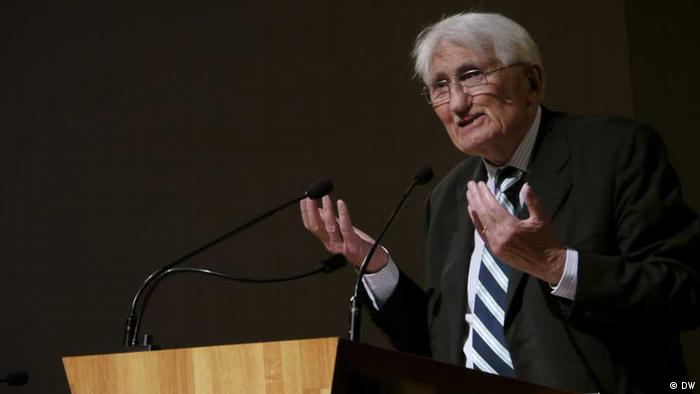
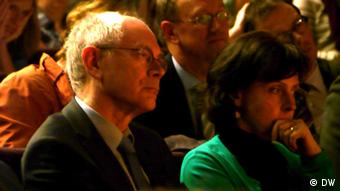
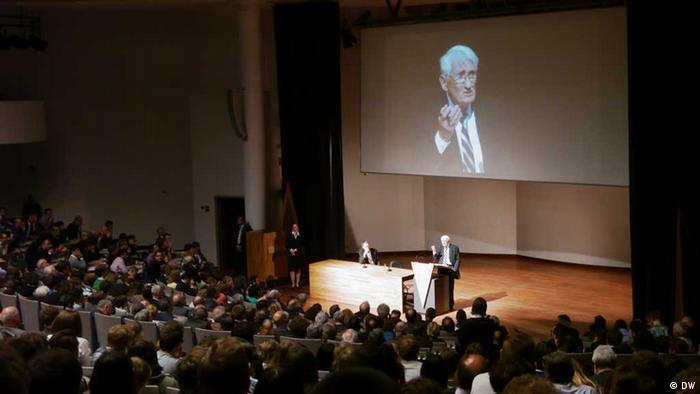









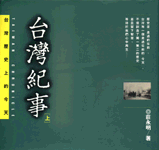

 邀請
邀請


















